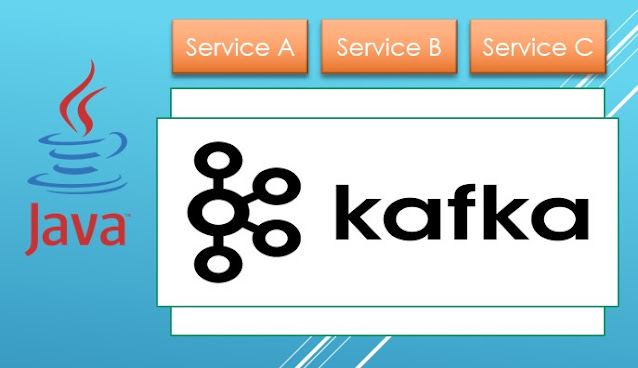Java IDE Options For Beginner And Pro Java Programmers
 |
| Java IDE Intellij, Netbeans, Eclipse, VS Code |
Programming in Java can be easily done with just a text editor, because the Object oriented style, and namespace, etc, make it's hard to write all the codes by our hand, we need a little bit of help of an IDE, often we need very advanced IDE in order to make it easy for the development process. Unlike an interpreted language like Python, which you don't need to compile it to test the results, so every code changes you can look the output right away, Java is compiled language, it's gonna be time consuming if you are not using any tool, so every small changes you should compile it first to know the exact results. With IDE, they will tell you a usually red notification if there's an error on your codes so before you compile the code you can fix it first.
Below are some JAVA IDE options you can choose for your Java development IDE.
1. Intellij IDEA
In my opinion the best Java IDE in the world, and probably the best IDE in whatever environment. It supports many Java technology analysis, it makes your code ready for run time, or it will show you an error if it's not. So many plugins you can install from Intellij plugin marketplace to help you write Java codes with code highlighting, faster development, testing the code, compile it, deploy it, work with your team using version control, integrated with database, libraries, configuration, annotation, code refactoring, and so many amazing features really advanced you can check it yourself if you don't believe how amazing it is.Intellij IDEA is not just for professional programmers, yes it is really huge and very advanced and smart, and also pricey. But if cost is the reason, you can try the Community edition which is free but has limited features, if you like it you can upgrade to Intellij Ultimate edition.
2. Netbeans
I am still have Netbeans installed on my computer, but not very often. It is the first Java IDE I've ever used for coding in Java, when i am on the process of learning Java languages it is really helpful at first, but then it becomes unresponsive and ugly when i use HiDPI laptop, the fonts becomes small, everything just not look comfortable for doing long term Java development.The reasons I use Netbeans is because it's free but it almost as good as any other Java IDE. Sure it can handle most of Java syntax, running, test, maven, refactoring the code, version control and many more, so if you are just a beginner, maybe you can use Netbeans because it's lighter than Intellij.
3. Eclipse
I don't use Eclipse IDE to long, i don't know how to use it, the UI is not very good and probably have the same features as what Netbeans have, it's never attracts me, but many Java developers using Eclipse heavily on their daily basis as their main Java IDE. Eclipse especially because it is light, small footprint, the download size is only about 50 megabytes. Other than that, inside Eclipse, the features is very much the same as Netbeans.Most of Java IDE is very memory consuming, but Eclipse maybe the lightest IDE, it is not very much using your computer resources.
4. VS Code
VS codes is not actually a Java IDE, it's a general text editor you can use to do simple Java programming, unlike The big three (Intellij, Netbeans, Eclipse), which is really heavily suited for Java, Vs code only can be used as Java development editor by using some Java extensions( kind of plugins) you can get and install available from Vs code marketplace. How good can Vs codes doing Java programming depends on the extensions you choose. Vs codes is not even considered as an IDE, it's just a text editor which advanced plugins. But that's why I like VS codes, with just a single program you can do programming for almost all languages on it.Testing is an important part of Java development, whether it's unit testing or integrated testing, the IDE that support testing library like JUnit is one of the big advantages of using those IDE. JUnit is really great tools for testing your Java program before you deploy it to production, so it can minimize bugs at run time. Intellij, Netbeans, Eclipse and VS codes can support testing.


